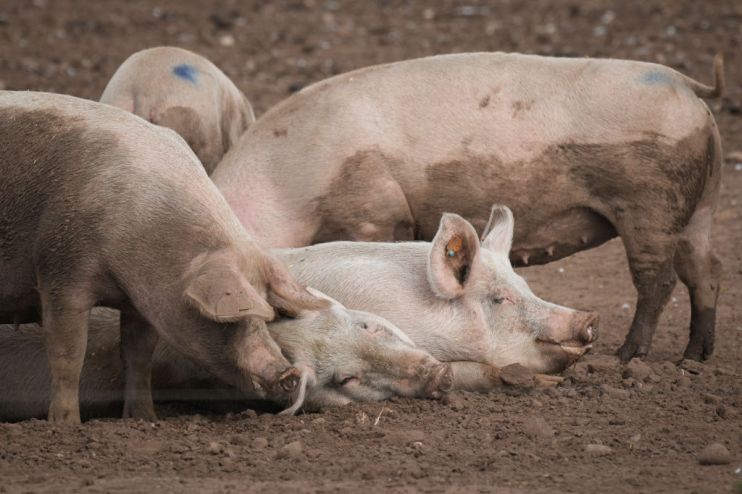Visas for shortage woes are a sticking plaster sowing division between industries

As thousands of temporary visas to plug shortages across the UK are released in the run up to and beyond Christmas, the uncertainty from affected industries has not abated: Are there enough visas? Do they help sectors in need? And will they address region-specific challenges?
In the backdrop, there are yet more shortages. The latest grim example is reports of healthy pigs at risk of being culled and sent to incinerators because of a shortage of abattoir workers.
This is just another loop around the labour merry-go-round and echoes the issues agriculture faced last year that triggered the pilot of the Seasonal Agricultural Scheme. The same scheme used to support the food sector has been brought back once again.
In mid-2020 farmers and their unions expressed concerns about fruit and vegetables rotting in the fields. In response, the Government launched a Pick for Britain campaign, which attracted only 8,000 workers or 11 per cent of the staff needed. While this was an increase on the usual 1 per cent of seasonal pickers from the UK, it was clear that sourcing work solely from our shores was not enough.
So at the end of last year, the visa scheme was extended and 30,000 additional staff workers were allowed to travel to the UK to pick and package fruit during the 2021 harvest.
A solution was being provided for the sector. But it caused a dividing line: these 30,000 workers were permitted to pick edible horticulture only. The result was an imbalance. Plant and flower growers generating bioenergy crops – including high-growth industries like medicinal marijuana – didn’t meet the scheme’s criteria.
On some estimates, the medical marijuana industry in the UK has the potential to be worth more than £2bn a year, generate £360m in tax revenues and create 97,000 jobs. While it’s economic power is important – it’s not the central feature. Following the current approach, where short-term visas are only doled out for sectors deemed to be the highest priority when there is risk of food going to waste, industries will be pit against one another.
The labour market is clearly in a state of flux. Brexit is forcing employers to rethink their recruitment. Visas may be possible, but the world is different from the time when free movement operated – there are administration, costs and time delays which did not exist before. Where visas come with baggage that makes them unpalatable, employers are being asked to rethink technology, apprenticeships, training and terms and conditions to reduce reliance on non-settled workers. This is not a bad thing and will lay the foundations for the future workforce. But it takes time for new initiatives to work and jumping from crisis-struck sector to crisis-struck sector to give out visas is problematic.
Employers are already responding to the change in supply and demand in the labour market; salaries for jobs such as drivers have increased by as much as 40 per cent and hospitality roles by 14 per cent. As shortages appear in other sectors, these salary increases will become more widespread.
Temporary working visas are likely to be used as sticking plasters but industries like medical marijuana, which face less of a short-term threat, have a reckoning on their hands: Can they attract enough workers from settled cohort of staff? And will they be given support now – when they need it – while they push ahead and try to reshape their workforce?